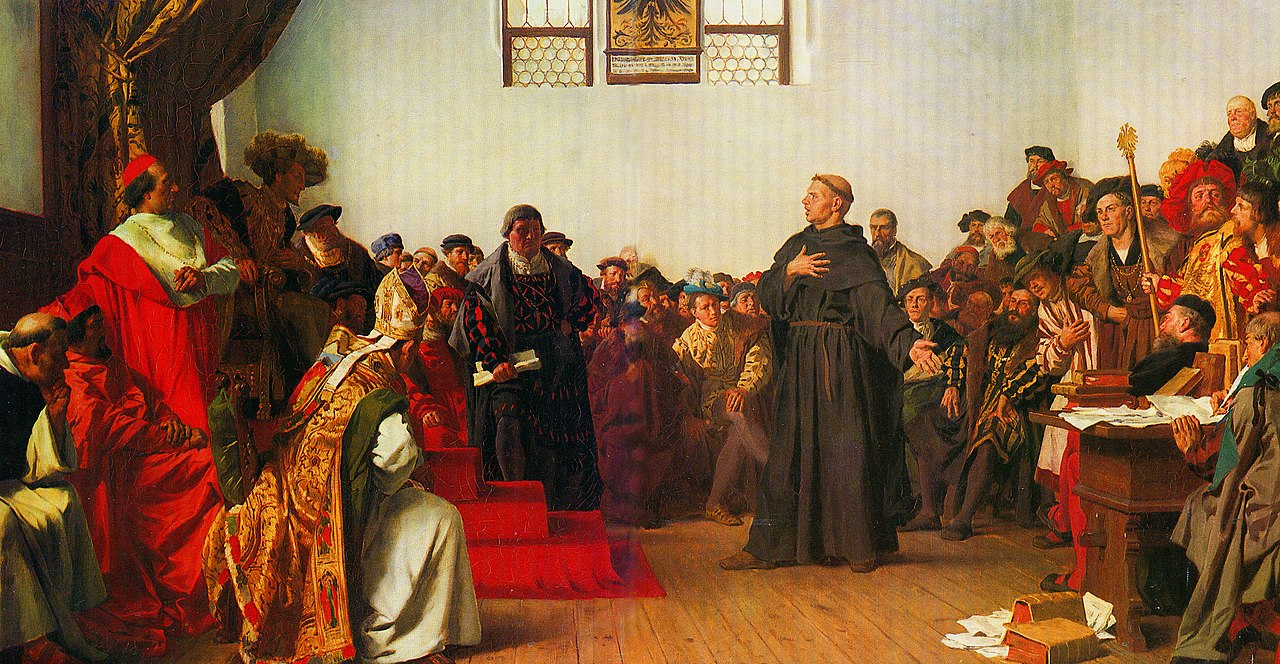What Did The Reformers Object To
Reformed theology grew out of the sixteenth-century evangelical renewal in Europe that we refer to as the Reformation. After various attempts to reform the church according to the Word of God by pre-Reformation Augustinian theologians such as Thomas Bradwardine (c. 1300–1349), John Wycliffe (c. 1324–1384), and John Hus (c. 1372–1415), the Reformation began when, by grace alone, Luther grasped justification by faith alone and began protesting against a sacramental system of man-made ritual and human merit.
The Reformers objected to unbiblical teachings and practices in the church, such as:
Papal abuses in theology and practice, including immoral conduct by church leaders and commercialized religion through a system of penance, by which the church claimed to dispense grace, offered for sale as indulgences.
Papal pretentiousness in the claims of the bishop of Rome to apostolic, even messianic, authority. The cruel opposition of the popes to reformation eventually persuaded many Reformers that the pope was none other than Antichrist and the Man of Sin (2 Thess. 2:3–12).
Captivity of the Word by the church withholding access to the Bible in the common language from laypeople, subjecting its interpretation to the authority of bishops, adding to its contents with the Jewish Apocrypha, and displacing its preaching with formalism.
Elevation of monasticism with its vows of celibacy, poverty, and obedience as a higher religious life as opposed to the biblical spirituality of ordinary vocations and the priesthood of believers.
Usurped mediation ascribed to Mary and the saints, as well as the automatic transfusion of grace in the sacraments, versus salvation by faith in Christ alone.
Reliance upon good works as the means to obtain and, in some sense, to merit God’s grace, which is the poison of semi-Pelagianism.
The opposition of the Reformers to Roman Catholic errors crystallized into the Five Solas that were discussed in the last chapter, each correcting an error in Roman Catholic teaching, as the below table summarizes.
| Reformation Teachings | Roman Catholic Teachings |
|---|---|
| Scripture alone (sola Scriptura) | Scripture and tradition |
| Grace alone (sola gratia) | Grace and human merit |
| Christ alone (solus Christus) | Christ and Mary and the saints |
| Faith alone (sola fide) | Faith and works |
| Glory to God alone (soli Deo gloria) | Glory to God and the saints |
